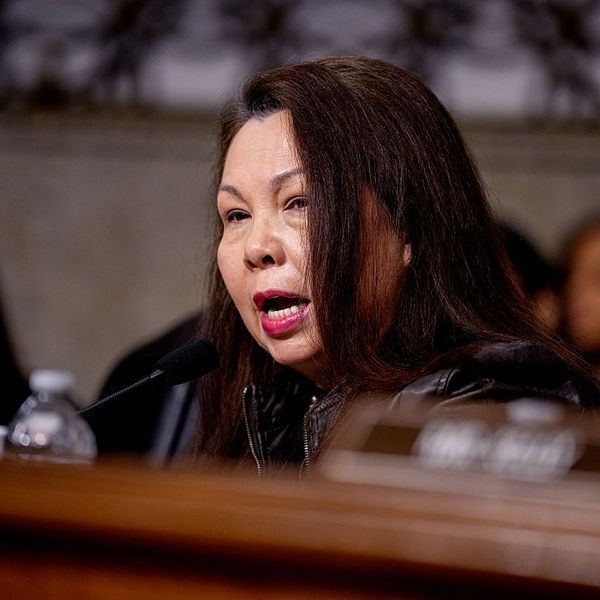Ayatollah Ali Khamenei gave instructions to his top military commander to cooperate with US, Iraqi and Kurdish forces in their fight against Islamic State. Khamenei's decision comes days after the US announced new sanctions on Iran, sanctions that can hider current negotiations with that country.
Claiming that that companies based in Turkey, Thailand and the United Arab Emirates have served as front companies to help Iranian Mahan Air to purchase airplane engines and other parts the US imposed new sanctions on Iran on August 29. The new sanctions include eight individuals, six ships, five banks and 15 other entities.
According to the Geneva "interim" agreement reached last November between Iran and the so-called P5+1 (the United States, Britain, France, China, Germany and Russia) Tehran would freeze its nuclear program in exchange for modest sanctions relief, thus opening the way to further talks aimed at resolving once and for all this difficult issue.
However, following this landmark accord, more than two dozen Senators introduced legislation to impose new oil and financial sanctions on Iran, despite an unclassified intelligence assessment that new sanctions "would undermine the prospects for a successful comprehensive nuclear agreement with Iran."
In a statement following the new sanctions, National Security Council spokeswoman Caitlin Hayden said, "Our actions today and since the start of the talks are consistent with our commitments under the Joint Plan of Action, which provided limited relief of certain sanctions in exchange for Iranian steps that halted its nuclear program and rolled it back in key respects."
This statement, however, flies against a past warning by the White House that new sanctions "...run counter to the spirit of the Geneva pledge of no new sanctions during negotiations, and risks empowering Iranian forces hoping to scuttle nuclear talks." Those opposing any agreement with the West are Iranian hardliners, which traditional clerical conservatives and Revolutionary Guard officials, notably its top commander Major General Mohammad Jafari.
Predictably, Iranian President Hassan Rouhani has sharply criticized the new sanctions, saying that they are "not compatible" with the spirit of current negotiations. Also, while calling on "moderate" countries in the European Union to remind Washington of the adverse consequences of new sanctions, Akbar Hashemi Rafsanjani, the Chairman of Iran's Expediency Council said that they show Washington's confusion on its foreign policy and particularly on its views towards the Islamic Republic of Iran.
Iran's domestic politics are of paramount importance in trying to reach a deal on its nuclear program. Hardliners in the government believe that halting the country's nuclear program is an unacceptable concession to the West.
President Rouhani and his allies, however, believe that Iran's national interest are best served by international recognition and the elimination of sanctions, as long as Iran maintains the latent capability to develop nuclear weapons should need arise. Rouhani is concerned about the effect that sanctions have already had on the Iranian economy and the country's financial sectors.
Although the effect of sanctions on Iran's economy have been significant -they have led to a significant reduction of oil exports and caused a sharp decline in the rial, Iran's currency- the country has been able to resist them. As a Congressional Research Service report recently stated, "Sanctions have, to some extent, slowed Iran's nuclear and missile programs and reduced its military power by hampering its acquisition of foreign technology and weaponry. However, the sanctions have not halted Iran's provision of arms to the Assad government in Syria, the Iraqi government, and to pro-Iranian factions in the Middle East. Nor have new sanctions altered Iran's repression of dissent or monitoring the internet."
As things stand now, every effort should be placed on trying to achieve an agreement in November 24, 2014, the date until which the interim agreement was postponed. That way, a significant source of tension will be eliminated in a region of the world that has been ravaged by deadly conflicts.


